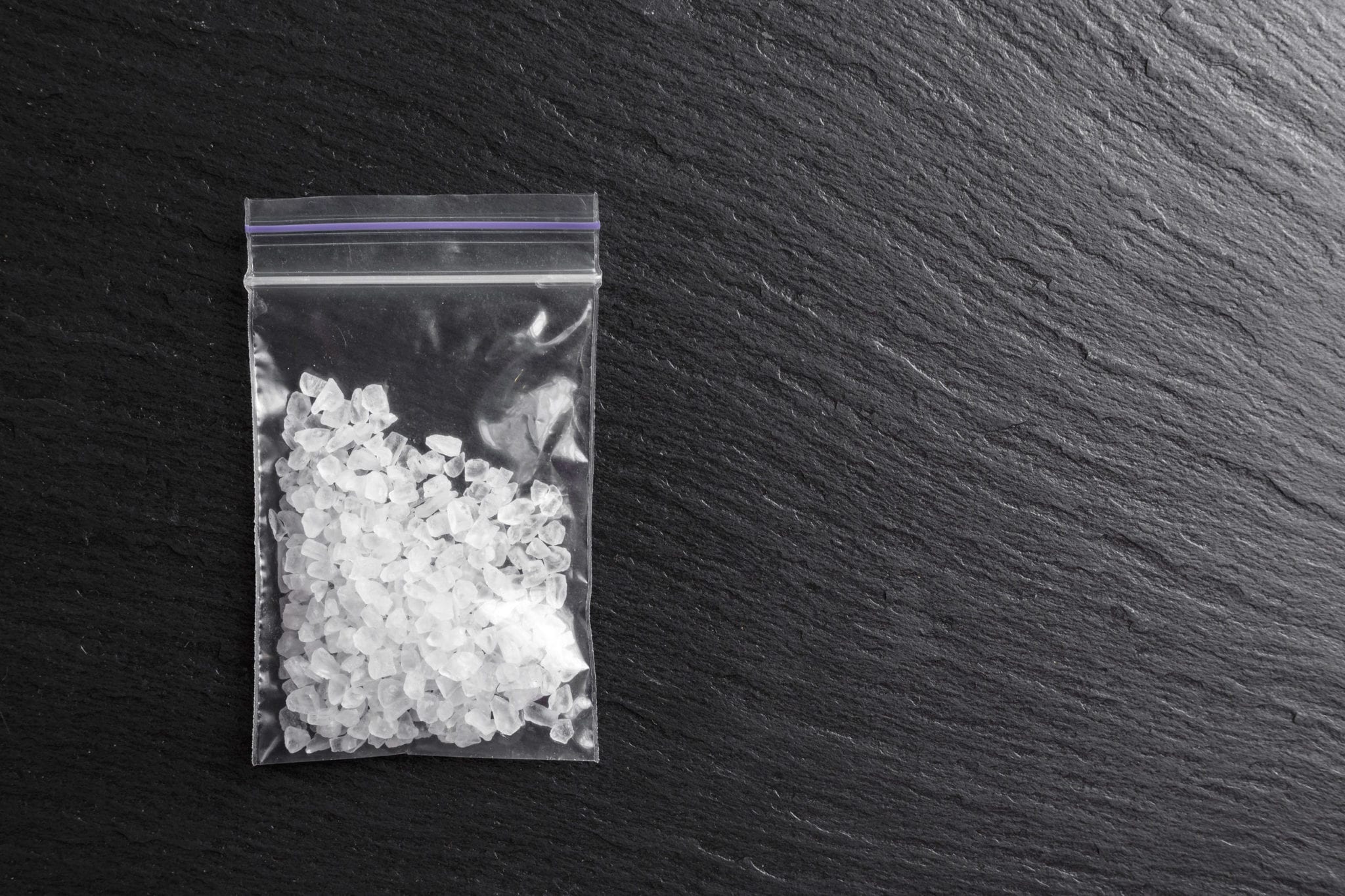Few would accuse meth dealers of making great decisions, but one Texas man may take the prize for creativity.
Along with over a dozen other associates, this particular individual was recently sentenced to more than two decades in federal prison for trading numerous firearms at the Texas-Mexico border. In exchange for the firearms, he received methamphetamine to sell in the states.
We’ll break down the laws this gang of would-be kingpins broke and how the laws are classified. Along with looking at the definition of each law, we will take a closer look at federal drug crimes and their possible penalties should you find yourself charged.
What Are Federal Drug Crimes?
Drug laws describe a wide range of crimes at the state and federal level which criminalize and regulate certain substances. At the federal level, the list of substances that are
Those governed by the Controlled Substances Act.
Federal drug laws deal with everything regarding these controlled substances, including the possession, manufacture, distribution, and profiting off these substances. In the case of the Texas man mentioned above, the jury found him guilty of, and the court later sentenced him for violation of laws surrounding possession and intent to distribute the controlled substance methamphetamine.
Some other common federal drug crime laws include:
Manufacturing a Controlled Substance
With respect to the drug group cited above, the individuals were charged only with intent to distribute and with the possession of the controlled substance. Since they were not the ones actually making the methamphetamine, they were not charged with other crimes.
However, had they been actually making the methamphetamine for distribution on their own property, they could have been charged with further crimes. This would include the manufacturing of a controlled substance. This would seriously increase the possible penalties they would face and their end sentence.
Possession, Manufacture, or Distribution of Drug Paraphernalia
In many states, especially those where marijuana is legal for recreational and medical purposes, drug paraphernalia crimes may be less enforced in certain cases. At the federal level, however, paraphernalia laws are strictly enforced.
This includes all drug paraphernalia for substances such as marijuana (still illegal at the federal level) and cocaine, methamphetamine, and other substances. The laws cover everything from the manufacturing of, distribution, and possession of drug paraphernalia.
Conspiracy to Distribute
Being found in possession of controlled substances in certain amounts can lead to further charges of conspiracy to distribute. This means you are manufacturing or in possession of a quantity of controlled substances and there is clear indication you intend to sell these or give them to others. Or that you conspired to acquire controlled substances for said purposes.
Evidence of intent to distribute could include possession of paraphernalia associated with a distribution, such as sales and cutting equipment. This could also be established based on communications or through other means.
What Are the Penalties for Conspiracy to Distribute?
Depending on the quantities and the type of substance involved, conspiracy to distribute can lead to serious charges. Under current federal sentencing guidelines, conspiracy to distribute is treated the same as someone who is actually caught distributing a controlled substance.
This means that even if you are not successful in actually distributing the controlled substance and collecting the money, you canl still be charged with the crime. One example of this would be if you approach an undercover police officer and attempt to purchase a large quantity of drugs with the intent to sell them. In the eyes of the law, you have committed conspiracy.
It does not matter that the person was an undercover officer or that you were unsuccessful in actually obtaining the controlled substance and distributing it. What matters is that you made your intention to commit a federal crime known and acted upon that intention with the desired outcome being breaking federal controlled substances laws.
The actual charge will depend greatly on the type of substance involved. Because there are different levels to the law, also known as schedules, more restricted drugs can lead to higher penalties. The highest schedule — Schedule 1 drugs — includes LSD, marijuana, heroin, and more.
The penalty for conspiracy to distribute can range from 0-6 months in prison all the way up to life in prison. The sentence will depend on a variety of factors, such as the substance involved and the person’s prior criminal history. For someone with no prior criminal history who is found with less severely regulated drugs, the punishment will be much less than a prior convicted felon.






